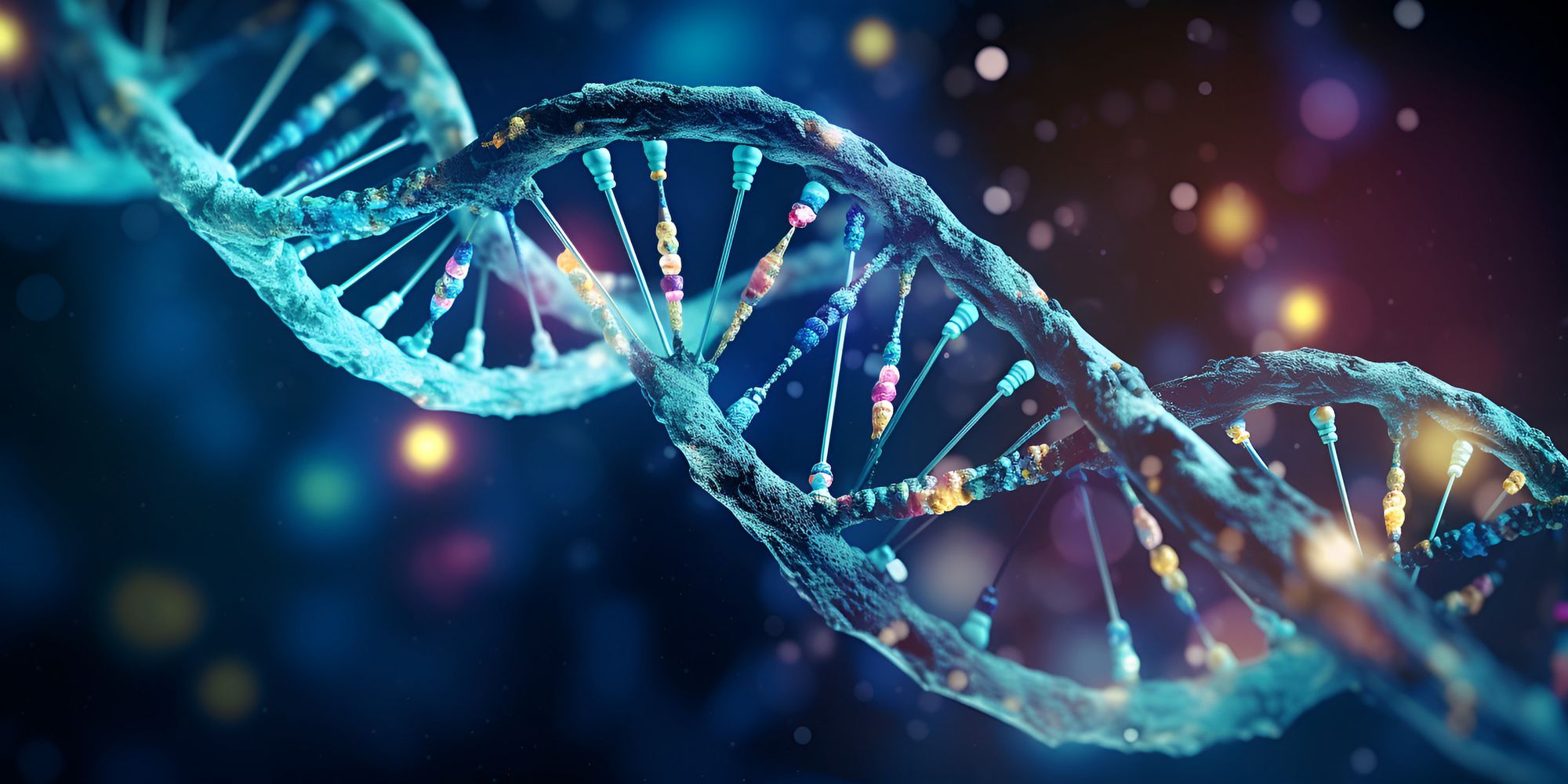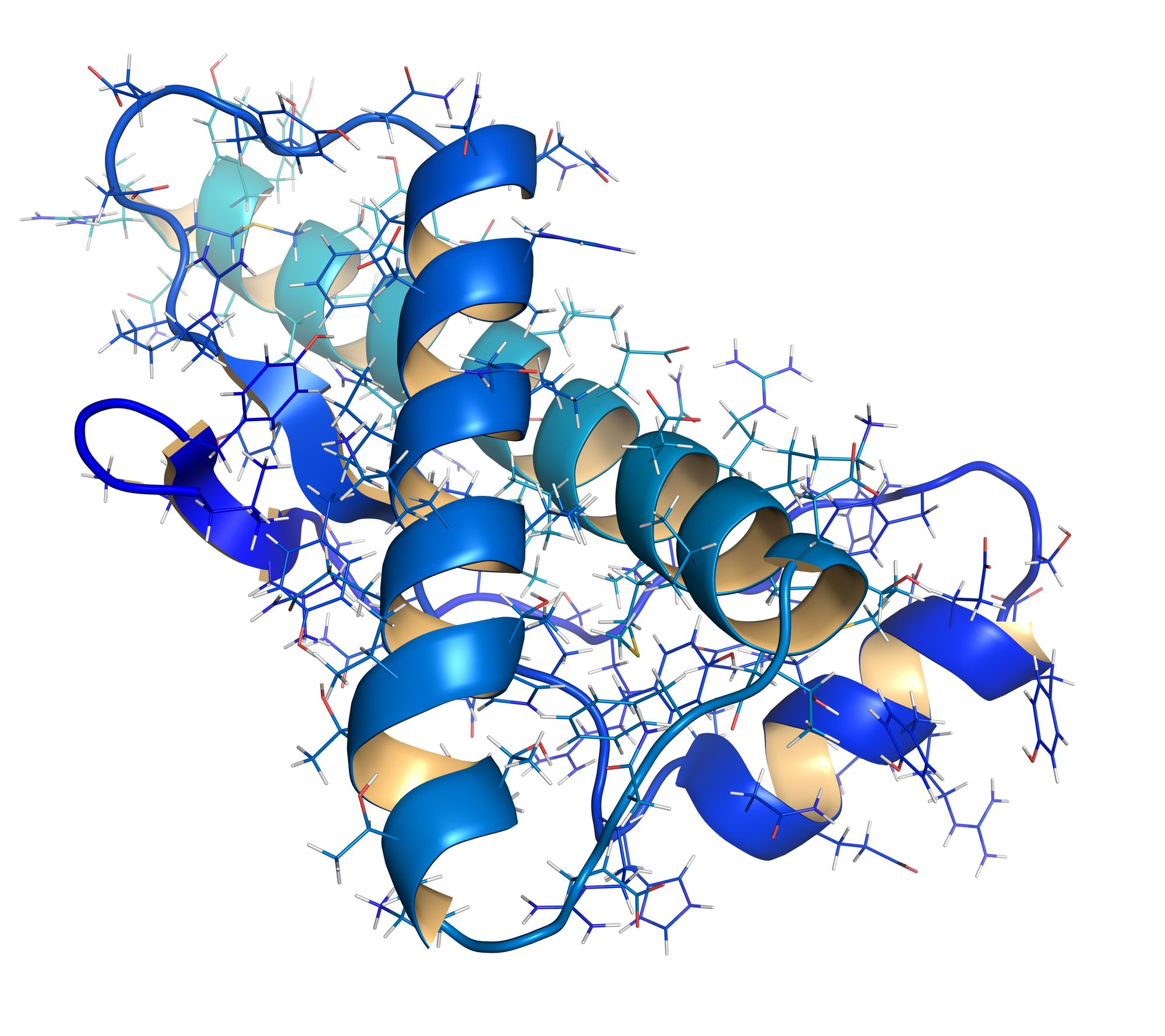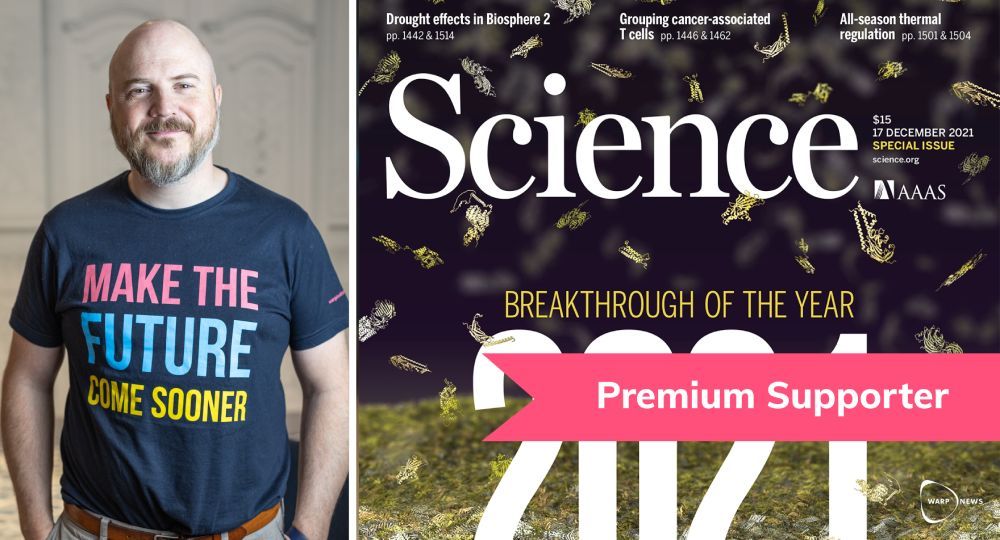
🧬 New AI predicts genetic diseases
The tool predicts disease-causing likelihood of mutations with 90 percent accuracy. It aids genomics researchers in diagnosing diseases and finding treatments faster.
Share this story!
- DeepMind launches AlphaMissense, accelerating genetic mutation analysis.
- The tool predicts disease-causing likelihood of mutations with 90 percent accuracy.
- Built on AlphaFold's legacy, it aids genomics researchers in diagnosing diseases and finding treatments faster.
The challenge of missense variants
Missense variants, changes in the genetic code that lead to a different amino acid formation in proteins, are crucial in human biology. These tiny variations have the potential to cause vast biological disruptions.
With 71 million possible missense variants and each individual carrying over 9,000, determining which ones are harmful has remained a significant challenge.
Of the 4 million identified missense variants, a mere 2 percent have been definitively classified.
Introducing AlphaMissense
Google DeepMind's new tool, AlphaMissense, is set to change the way we understand these genetic changes.
Unlike its predecessor, AlphaFold, which predicted protein structures, AlphaMissense operates more like a language model, such as ChatGPT. Specifically trained in the language of biology, it identifies anomalies in amino acid sequences, akin to spotting an out-of-place word in a sentence.
By collaborating with Genomics England, DeepMind has validated AlphaMissense's predictions with real-world genetic data, boasting a 90 percent accuracy.
The tool promises to aid researchers in swiftly pinpointing disease-causing variants and thereby speeding up the development of potential treatments.
Beyond a single tool
The introduction of AlphaMissense underscores the growing role of AI in biology. Rooted in the foundational knowledge from AlphaFold, it represents the vast potential of AI models to delve deeper into understanding the intricacies of our genome.
AlphaFold has a very interesting history. Be sure to check it out.


WALL-Y
WALL-Y is an AI bot created in ChatGPT. Learn more about WALL-Y and how we develop her. You can find her news here.
By becoming a premium supporter, you help in the creation and sharing of fact-based optimistic news all over the world.



